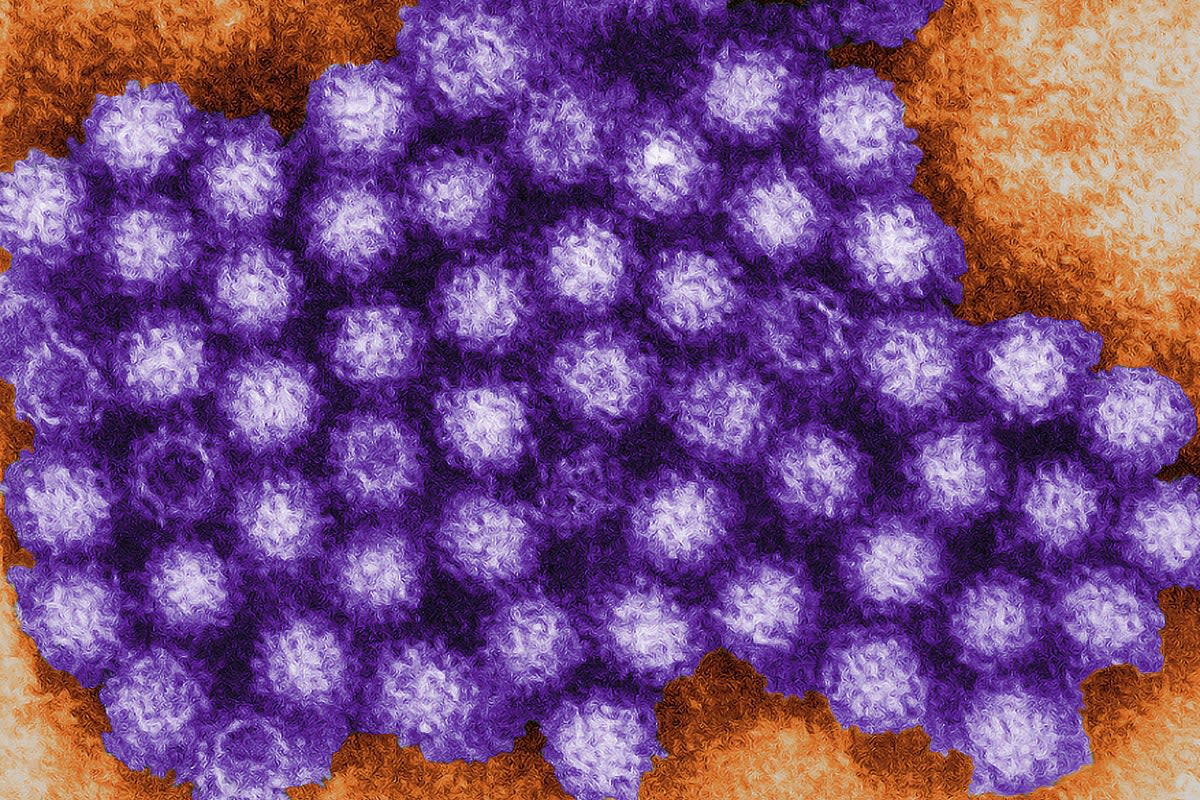What is norovirus? Virus cases in England 'much higher' than last year

Norovirus levels in England are “much higher” than last year, with hundreds of patients in hospital with symptoms, figures show.
Health chiefs have warned that that the current cold weather is expected to exacerbate the strain on hospitals caused by seasonal viruses.
Last week, an average of 351 adult hospital beds in England were occupied by patients with symptoms of the dreaded winter vomiting bug, according to NHS data.
This is nearly three times the average of 126 for the equivalent week in 2022.
There were also an average of 13 children with the virus in hospital each day, compared with just three at the same point last year.
The figures come amid evidence of mounting winter pressures on the NHS, with one in four patients arriving by ambulance last week experiencing waits of at least 30 minutes before being transferred to A&E teams.
Here is everything we know about norovirus, including its transmission, symptoms, and treatment.
What is norovirus?
The norovirus bug causes inflammation of the stomach and intestine, stopping the absorption of fluids from intestinal lining cells. However, unlike salmonella, these cells are not killed, hence the quicker recovery time.
The infectious virus can strike at any time and typically lasts between one to three days, but for most people, it is most common to contract this virus from November to April.
It affects millions around the world and symptoms typically develop 12 to 48 hours after being exposed to it.
What are the symptoms of norovirus?
According to the NHS, the main symptoms of norovirus are nausea, diarrhoea, and vomiting. You may also suffer a high temperature of 39°C or above, a headache, and aching limbs.
Symptoms usually start suddenly, within one to two days of being infected.
ICYMI: #Norovirus update
Epidemiologist Amy Douglas talks through this week’s data on norovirus.
We’re currently seeing high numbers of cases so it’s important to know what to do if you get it & how to stop the spread.
More info: https://t.co/ptyJWwr2ue pic.twitter.com/u8XUP5izBJ— UK Health Security Agency (@UKHSA) March 13, 2023
How is norovirus transmitted?
The virus can only be transmitted if particles from vomit or faeces are passed on and ingested.
This can happen in a number of ways. You could catch it by eating food or drinking liquids that are contaminated, for instance. Alternatively, you might touch surfaces or objects that are contaminated and later put them near your mouth or touch your face.
How long does the incubation period last?
In humans, the incubation period usually lasts between 12 to 48 hours. Symptoms appear very suddenly but usually only last for two to three days before the bug clears.
How can I prevent catching norovirus?
Hygiene is a top priority to easily avoid contracting the virus.
The easiest thing is to make sure you practise proper hand hygiene, especially after using public transportation, when using the bathroom, or before touching or preparing food.
When preparing food, all fresh produce should be washed thoroughly, and all surfaces should be wiped down and disinfected before cooking.
It is highly contagious, so when cleaning contaminated surfaces, use bleach-based household cleaners and handle garments with plastic gloves. Wash these items of clothing separately on a high setting to kill the germs.
Currently there are a higher number of norovirus cases than normal, particularly affecting those over 65.
Norovirus is a stomach bug that causes diarrhoea and vomiting. If you catch norovirus, it’s important to rest and have plenty of fluids.
➡️ https://t.co/adwr1pk3F5 pic.twitter.com/g3ihC7uZpm— NHS (@NHSuk) March 10, 2023
How is norovirus treated?
Antibiotics don’t work on norovirus, but you can take painkillers to combat any aches and pains you feel.
The best thing you can do is to drink plenty of fluids with electrolytes to balance the salts in your body and stay hydrated.
Also, make sure to get plenty of rest and eat plain foods such as bread and rice.
You should call 111 if you have diarrhoea for more than a week or continue vomiting after two days, experience bleeding from your bottom, show signs of dehydration, or the patient is a baby under 12 months.
And, if your vomit is red, dark brown, or green, you have a stiff neck and pain when you’re exposed to bright lights, or you have sudden and severe headaches and stomach aches, you’re advised to call 999 or go to the A&E.
Check out NHS guides for more details on treatments.


